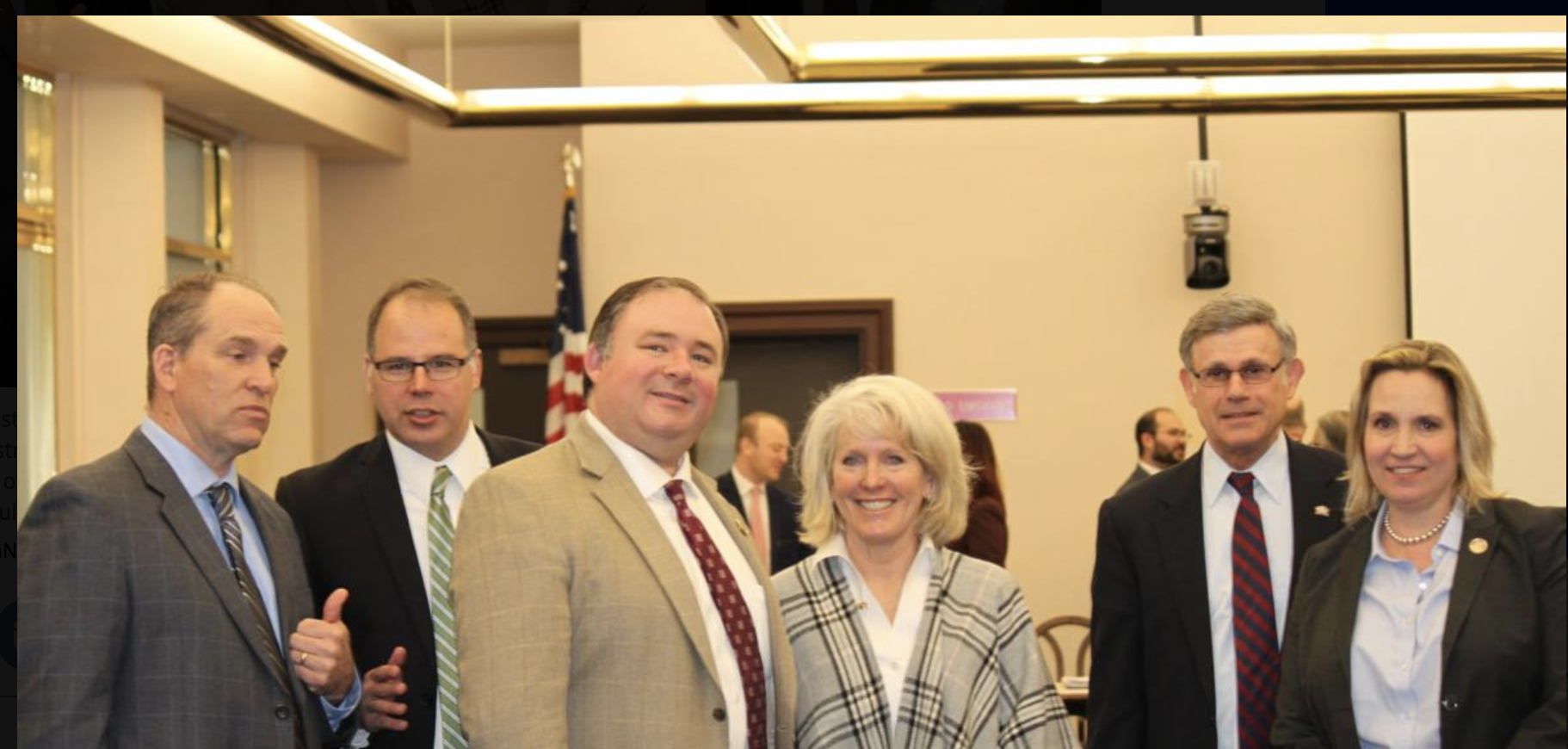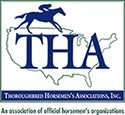
Bipartisan effort to preserve race horse industry unites Chesco politicians, residents
By Jen Samuel
HARRISBURG — Chester County residents traveled to the state Capitol Wednesday morning to deliver testimony for the “love and passion” of race horses.
The House of Representatives Agriculture and Rural Affairs Committee held a public hearing in the lower level of the state House to discuss Gov. Tom Wolf’s proposal to divert money from the Pennsylvania Race Horse Development Fund to pay for a new scholarship program.
Speakers included Heather Hunter, thoroughbred breeder of Spinnaker Hill Farm in London Grove Township near West Grove, and Brian Sanfratello, executive secretary of the Pennsylvania Horse Breeders Association.
“The trust fund is not taxpayers’ dollars,” said Russell Williams of Hanover Shoe Farms. He is president of the U.S. Trotting Association and a member of the Standardbred Breeders Association of Pennsylvania in Hanover.
To relieve college debt for students attending state schools, Gov. Tom Wolf proposed earlier this month to take money from the Race Horse Development Trust Fund, established in 2004 the passage of the Pennsylvania Race Horse Development and Gaming Act, which was implemented in 2006.
However, since the creation of the trust, Brian Sanfratello, executive secretary of the Kennett Square-based Pennsylvania Horse Breeders Association, said that 90 percent of the money earned annually by the industry gets reinvested into Pennsylvania.
“It is where the horse lives,” Sanfratello said. He told lawmakers the race horse industry brings in $1.6 million into the commonwealth’s economy annually.
“Let us continue to make that it happen,” Sanfratello said.
Ultimately, the public testimony gained the bipartisan support of committee members.
“It’s our heritage,” said state Rep. Christina Sappey, D-158th, of West Bradford, referring to horses and the people who care for them. “They are our heritage in Chester County. Agriculture — equine agriculture — is our legacy. It is so important to protect this.”
“There’s going to be a potential loss,” said Sec. Russell Redding, Pennsylvania Department of Agriculture, at the hearing.
Hunter called the situation a ‘flood.’
“It’s devastating,” she said during her formal testimony to lawmakers.
Rep. David Zimmerman, R-99th, of Lancaster County, said funds for agriculture should stay in agriculture.
“I have a problem with raiding dedicated funds which the Legislature has agreed to as a priority, I have a problem with us going back and raiding them to fill budget holes,” Sappey said. “Especially when we give over $500 million away in tax credits annually. We need to take a look at how we give tax credits.”
She added of the Race Horse Development Trust Fund, “This is not taxpayer dollars.”
The money for the trust fund comes from a slot machine revenue fee at Pennsylvania casinos.
Wolf’s proposal would take $200 million from an estimated $250 million fund for equine agriculture to be moved to a fund to combat student debt for individuals attending state colleges or universities.
Rep. John Lawrence, R-13th, of West Grove, called the move a “raid” whilst citing the words of Sec. Redding in an op ed that the agriculture secretary wrote three years ago on the detrimental impact of taking funds from the Race Horse Development Trust Fund.
The funds are considered “repurposing revenues” from the annual Horse Racing Development Trust Fund, according to the governor’s office.
Earlier in February, Gov. Wolf proposed that the state repurpose the funds from the race horse industry’s slot revenue fund to pay for a new education program, called the Nellie Bly Scholarship Program, to benefit students applying for the Pell Grant and other state grants while enrolled in one of the 14 Pennsylvania State System of Higher Education (PASSHE) universities.
To be eligible, students must enroll full-time in a PASSHE undergraduate program and qualify for a federal subsidized student loan. Students must commit to live in Pennsylvania after graduation for the same number of years they received the scholarship, as previously reported in the Daily Local News. If a student leaves the state early, they must repay the money.
“We are pitting industries against each other,” said Rep. Clint Owlett, R-68th, of Tioga County, during Wednesday’s hearing.
Sappey said, “I was very pleased that residents farm owners and associations made the trip to talk to our committee today. It’s vitally important that we understand the personal and financial impact of this budget proposal.”
She added, “I’m particularly concerned by the testimony that we heard that some owners are already leaving Pennsylvania ahead of the folding season in June. The economic impact of this may be felt before the budget is actually done.”
Sappey continued, “We are going to lose our open space and our agriculture legacy if we don’t fight.”
Rep. Eddie Day Pashinski, D-121st, of Luzerne County, vice president of the committee, called the testimony on behalf of the race horse industry one of “love and passion.”












